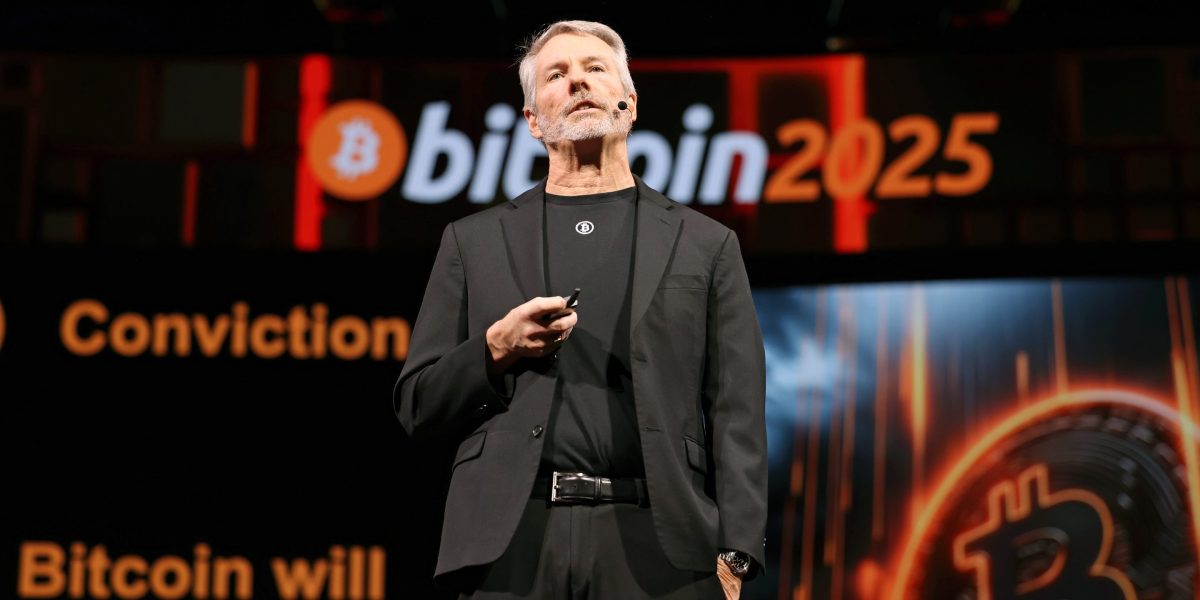As public discourse on tariffs recedes, it is crucial to address an aspect of free trade and tariff policy that received less attention during recent debates: the moral implications of imposing tariffs. While economic theories often dominate discussions, how tariff policy conflicts with the United States founding values are equally significant. Milton Friedman famously stated: “The right course of action for the United States would be unilaterally to get rid of its restrictions and say to the world, come and sell your goods here. We are delighted to sell to you.”
Free Trade is a Virtue
Free trade represents an intrinsic American virtue. A significant part of America’s quest for independence stemmed from its desire for free trade. Britain operated under a mercantilist philosophy, tightly regulating trade to ensure profits flowed back to the Crown. The Navigation Acts compelled colonial goods to be transported exclusively on British ships and controlled by British merchants. The Sugar Act of 1764 and the Townshend Acts of 1767 further restricted the colonists by limiting their ability to trade with other countries. The Tea Act—culminating in the infamous Boston Tea Party—epitomized these intrusive policies. These measures curtailed the colonists’ economic freedoms through taxation—primarily via tariffs—without representation. Such actions impinged on individual liberties and helped ignite the revolutionary spirit, setting the stage for the Declaration of Independence.
Within the Declaration of Independence, appeals to free trade intertwine with invocations of human liberty, as encapsulated in the phrase “Life, Liberty, and the pursuit of Happiness,” which asserts that a Creator bestows these unalienable rights. Reinforcing that, rights are granted by an external, all-powerful force—operating outside the bounds of human authority. The Declaration reveals an acknowledgment of intrinsic human worth. In the American vision, equality before the law and liberty are not mutually exclusive ideals but complementary forces encompassing individual freedom. Humans uniquely possess the capacity for moral reasoning and self-awareness. This uniqueness underpins our understanding of inalienable rights as the backbone of freedom. Jefferson and others believed that the only role for government was to safeguard rights and prevent infringements on personal liberty.
The concept of free trade is embodied within rights to liberty. Free trade is a component of exercising our ability to earn and spend money as we see fit. It helps develop an equality before the law without the government guiding or directing those decisions. Freedom to trade allows us to pursue happiness; economic and political freedom must coexist.
Adam Smith argued in The Wealth of Nations that humans are the only creatures capable of engaging in free trade. This distinctive ability fosters economic relationships, builds bonds of trust, and facilitates cultural exchange. By engaging in trade, people learn valuable lessons, break down cultural barriers, and drive human progress. In essence, free trade is a natural extension of what it means to be human and a self-owner, allowing us to express our individuality while nurturing mutual growth and cooperation.
Tariffs are a Form of Centralized Control over Human Rights
Tariffs represent a form of centralized control that violates our liberties. When the government taxes imported goods, it drives up costs and disrupts the voluntary forces of supply and demand. This interference shifts market signals and creates false demand—much like when the state intervenes in sectors such as clean energy or healthcare, where incentives sometimes produce unintended irregularities, killing both choice and innovation.
Tariffs garble information and market trends. Market distortions force consumers to modify their behavior; higher prices on imported goods spill over into domestic markets, leaving individuals with less disposable income and fewer choices. By constraining economic liberty, tariffs effectively curtail the freedom to choose, thereby undermining the very foundation of personal autonomy. Moreover, by influencing supply and demand directly, tariffs force consumers to purchase domestic goods or shoulder higher costs, which restricts fiscal freedom.
Centralized decision-making dehumanizes individuals by reducing their options to what the government deems preferable. When rigid rules and regulations favor specific interest groups, other voices are ignored, and individual personhood becomes subordinated to state-directed priorities.
Government interventions demonstrate their limitations by failing to predict and adapt rapidly changing conditions. When unexpected events arise, the inflexible nature of centralized programs leaves the general population to absorb the resulting economic shocks. Such approaches also run counter to the protections established by the Ninth and Tenth Amendments in the Bill of Rights, which champion decentralized government power as essential for preserving self-determination and liberty.
Government interference distorts the spontaneous order of voluntary exchange—a process that naturally promotes mutual benefit and trust among individuals. Milton Friedman later echoed this sentiment by contending that economic freedom is inseparable from personal liberty; government-imposed tariffs thus not only decrease market efficiency but also erode the moral underpinnings of a free society.
Together, these perspectives underscore that tariffs—by imposing centralized control over economic transactions—contradict the core principles of self-ownership, private property, freedom of exchange, and human dignity that form the foundation of American values.
The Tu Quoque Fallacy
“Other countries impose tariffs on our imports, so why should we not do the same?” This reasoning commits the Tu Quoque fallacy—commonly summarized as the “two wrongs do not make a right.” Just because another nation engages in protectionist policies does not justify adopting similarly immoral measures. In essence, one party’s unethical behavior does not serve as an acceptable countermeasure or absolve us of our moral obligations.
This principle carries weight across human societies. In groups or nations, where unethical and unlawful practices become normalized, prosperity suffers as rampant corruption and abuse erode the foundations of social order. Reprobate practices do not pay.
In the case of tariffs, these protectionist measures, ironically, impose inefficiencies and hurt the very nations that enforce them—this fact also fortifies an argument against tariffs as strategic policy. The economic costs of tariffs invariably rebound to impact domestic consumers and industries, reducing overall welfare. While retaliation might seem necessary under certain circumstances, abandoning principles—when negotiating with a willing opponent—undermines free trade’s higher moral purpose and long-term benefits.
Before accusations of moral naivety or optimistic idealism, this isn’t an abandonment of reason or reality. Free choice is a pragmatic solution that can combat trade opponents engaged in malpractice—without government intervention. According to 2011 Federal Reserve Bank of San Francisco trade data, Chinese goods comprised 2.7 percent of consumer expenditures. According to data from 2024, clothing made up a more significant portion of spending on Chinese imports. However, a look at the overall profile of imports into the United States paints a picture of diversification with goods from Canada, Germany, Japan, and South Korea. Furthermore, based on a report from 2023, imports from China have decreased and are steadily being replaced by imports from Mexico. This transition highlights that the US adjusts to changing trade dynamics through free market mechanisms. The argument that the US cannot engage pressures through free choice oversimplifies the issue and ignores the power of consumer sovereignty and voluntary exchange to shape markets.
By rejecting the fallacy of “if they do it, so shall we,” the US underscores its commitment to its founding principles. Rather than resorting to short-term protectionism, it opts for policies that elevate and uphold the moral integrity reflected in the nation’s legacy of freedom and free trade.
America Should Take the Moral High Ground
The threat of tariffs, as a bargaining tool, can be effective. However, when implemented as official sweeping policy, tariffs become more than mere economic bartering chips—they compromise the ideals our nation was built upon. The Founders recognized that individual rights and voluntary exchange are sacred. These principles are enshrined in our Declaration of Independence, the Constitution, and the Bill of Rights, affirming that human liberty arises not from what a government grants but from inherent, God-endowed rights.
When the government intervenes in the free market through tariffs, it skews natural market dynamics and restricts consumer choice. Such interventions force individuals to conform to government-directed trade patterns, undermining the “invisible hand.”
The President’s announcement for a 90-day pause on the Liberation Day tariffs presents a crucial opportunity for American policymakers. Over these 90 days, discussions and negotiations will determine the foreseeable future of our trade policies. This pause calls to reassess our approach: our leaders must honor the long-standing values and virtues that have propelled our nation’s success. President Donald Trump should take the moral high ground concerning tariff policy.
By championing free trade, America reaffirms its commitment to the principles of liberty and natural order and sets a compelling example on the global stage. Upholding economic freedom expresses our duty to protect human rights and maintain a society dedicated to moral good.

























